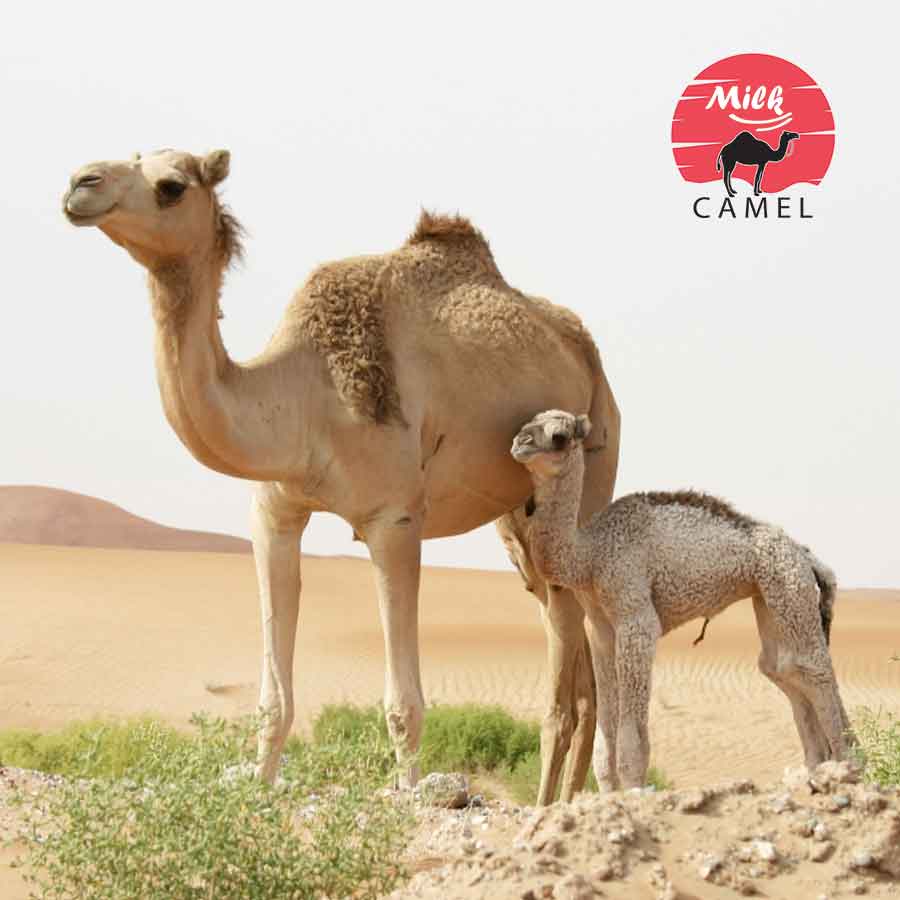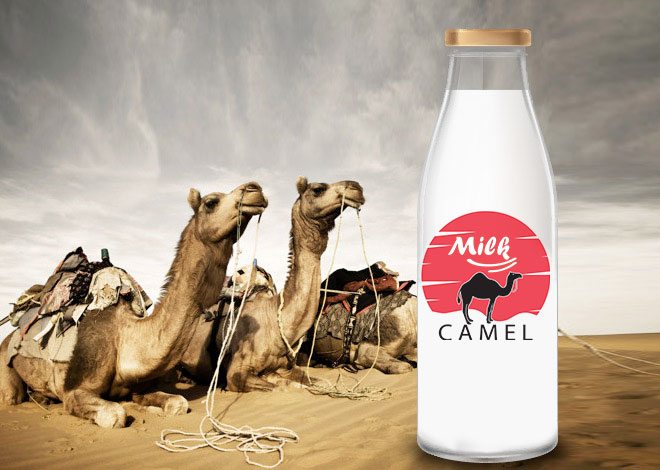Menu
Camel milk, long cherished for its rich flavor and cultural significance, is gaining recognition for its impressive nutritional profile and potential health benefits. In this comprehensive guide, we’ll delve into everything you need to know about camel milk nutrition, from its macronutrient composition to its micronutrient content and beyond.
Macronutrient Composition: Camel milk is a rich source of macronutrients, providing a balanced mix of proteins, fats, and carbohydrates essential for energy production and bodily functions. On average, camel milk contains approximately 3.4% protein, 3.6% fat, and 4.8% carbohydrates. Compared to cow’s milk, camel milk has a slightly lower fat content and higher protein content, making it a nutritious option for those looking to boost their protein intake without excess fat.
Protein Profile: One of the standout features of camel milk is its unique protein profile. Unlike cow’s milk, which contains a higher proportion of casein proteins, camel milk has a higher proportion of whey proteins. These whey proteins, including lactoferrin, immunoglobulins, and lactalbumin, offer various health benefits, such as immune support, antioxidant activity, and improved digestibility.
Fat Composition: The fat found in camel milk differs in composition from that of cow’s milk. Camel milk contains a higher proportion of unsaturated fatty acids, including oleic acid and linoleic acid, which are associated with heart health and reduced risk of cardiovascular disease. Additionally, camel milk has lower levels of saturated fats compared to cow’s milk, making it a healthier option for individuals concerned about their fat intake.
Carbohydrate Content: Camel milk contains lactose, a natural sugar found in all mammalian milk. However, the lactose content in camel milk is lower than that of cow’s milk, making it more suitable for individuals with lactose intolerance or sensitivity. The carbohydrates in camel milk also include oligosaccharides, which act as prebiotics and support the growth of beneficial gut bacteria, promoting digestive health.
Micronutrient Content: In addition to macronutrients, camel milk is packed with essential vitamins and minerals necessary for overall health and well-being. It is an excellent source of vitamin C, B vitamins (including riboflavin, niacin, and cobalamin), calcium, potassium, magnesium, phosphorus, iron, zinc, and selenium. These micronutrients play crucial roles in immune function, bone health, energy metabolism, and antioxidant defense.
Bioactive Compounds: Camel milk contains a variety of bioactive compounds, including antimicrobial peptides, immunoglobulins, and growth factors, which contribute to its potential health benefits. These bioactive compounds have been shown to exhibit antimicrobial, anti-inflammatory, antioxidant, and immune-modulating properties, supporting overall health and well-being.
Health Benefits of Camel Milk: Regular consumption of camel milk may offer a range of health benefits, including improved immune function, enhanced bone health, cardiovascular support, digestive wellness, and skin nourishment. Additionally, camel milk has been studied for its potential therapeutic effects in managing conditions such as diabetes, autism, allergies, and autoimmune disorders. While more research is needed to fully understand the extent of these benefits, preliminary evidence suggests that camel milk is a valuable addition to a healthy diet.
In conclusion, camel milk is a nutritional powerhouse, offering a wealth of essential nutrients, bioactive compounds, and potential health benefits. From its unique protein profile and healthy fat composition to its abundance of vitamins, minerals, and bioactive compounds, camel milk provides a nourishing and wholesome source of nutrition that supports overall health and vitality. By incorporating camel milk into your diet, you can tap into its nutritional riches and enjoy the many health benefits it has to offer.

We take pride in offering you the finest camel milk sourced directly from the heart of Qatar. Our commitment to quality, sustainability, and ethical production practices ensures that every drop of camel milk you enjoy is of the highest standard.
